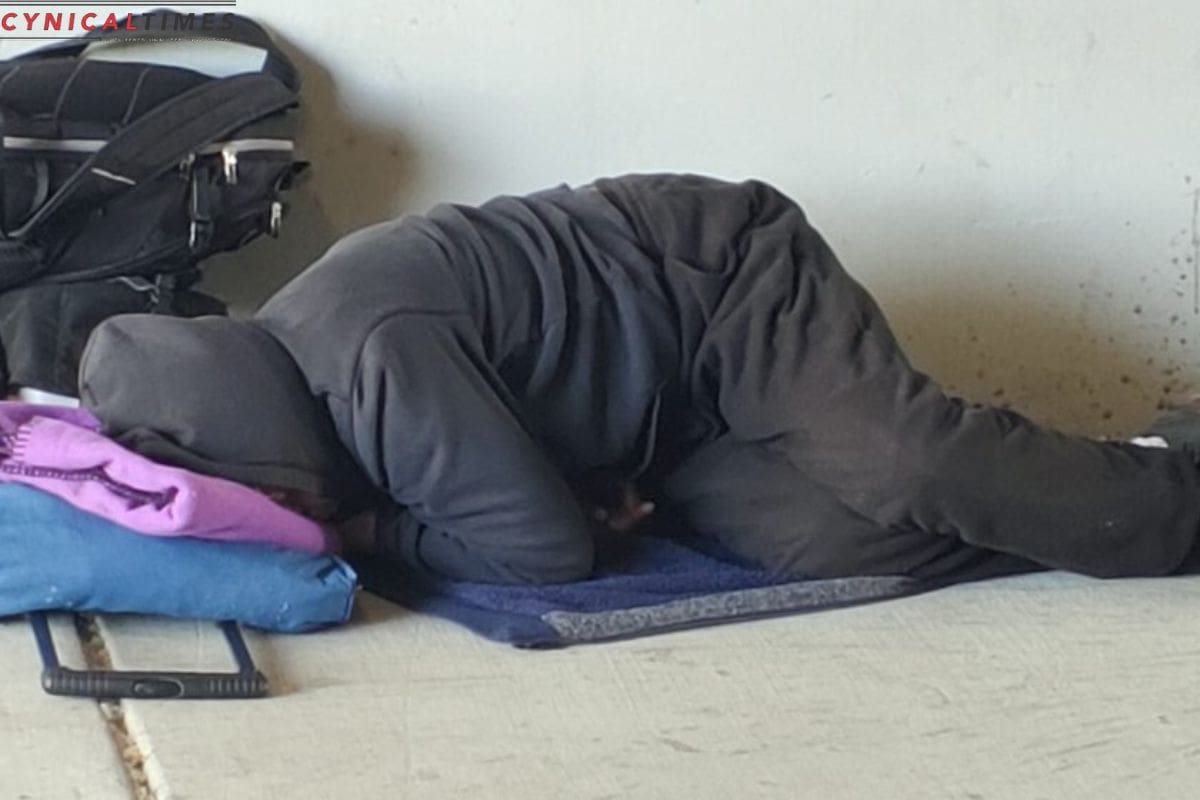Breaking Chains of Suffering: In the face of California’s escalating mental health and addiction crises, the need for action becomes increasingly apparent. The struggles of our gravely disabled neighbors, visible on our streets daily, demand advocacy and viable treatment solutions. Fortunately, the state’s legislators have undertaken a substantial overhaul of the mental health system, offering Santa Clara County new tools for intervention.
In October, Governor Gavin Newsom signed Senate Bill 43, marking a significant reform of California’s Lanterman-Petris-Short (LPS) conservatorship law after more than 50 years. This transformation expands the county’s capacity to safeguard and assist vulnerable residents. The amended law empowers county mental health departments to petition the court for the appointment of a conservator, responsible for directing care and treatment for individuals unable to fend for themselves.
Before SB 43, conservatorship applied solely to those with serious mental health disorders incapable of meeting basic personal needs. Yet, we still witness individuals trapped in cycles involving arrest, psychiatric hospitalization, homelessness, and often premature death.


Also Read: San Jose Real Estate Symphony: A Melody of Transactions in Diverse Dwellings
SB 43 addresses this gap by broadening the definition of “gravely disabled” to include those unable to ensure their personal safety or necessary medical care. The updated law also encompasses substance use disorder and chronic alcoholism, no longer necessitating a co-occurring mental health disorder.
Scheduled to take effect in 2024, SB 43 allows counties to delay implementation until 2026. However, I strongly urge Santa Clara County to embrace this change promptly. Severe mental illness and substance use disorders have profound ripple effects, contributing to homelessness and prolonged street living. SB 43 provides a means to reach a segment of the homeless population rejecting help and rapidly deteriorating on the streets.


While many accept voluntary services, a small group repeatedly refuses assistance even during severe crises. Assisting those unable to help themselves is a compassionate and responsible approach.
The legislation also introduces increased transparency into data, equity, and outcomes, retaining due process protections. SB 43 aligns with the realities of the 21st century and the challenges we witness on our streets today.
The law’s endorsement by major city mayors, including San Jose Mayor Matt Mahan, the National Alliance on Mental Illness (NAMI) California, and leading mental health organizations, underscores its importance. We cannot afford to wait. The implementation of SB 43 is an opportunity and a responsibility for Santa Clara County to address the pressing needs of those with severe, untreated mental health and substance use disorders.
Residents are expressing frustration at the perceived inadequacy of current conservatorship laws. With SB 43, a solution is within reach. Let us not allow those most at risk of harm to themselves to suffer when we possess the means to offer support and respect. I implore our county leaders to join the call for prompt implementation and make a difference in the lives of those who urgently need our help.
Our Reader’s Queries
What does Bible say about breaking chains?
The power of God’s word is undeniable. It has the ability to shatter chains and free individuals from the destructive forces that hold them captive. With His word, God brings hope, restoration, and freedom, releasing people from the grip of their own brokenness and pain. It’s a testament to the transformative power of faith and the unwavering strength of God’s love.
How do you break spiritual chains?
To live a fulfilling life, it’s important to always repent for known wrongdoings and renew your mind with the Word of God. The anointing, combined with faith and prayer, can work wonders in your life. Fasting is also a powerful tool for spiritual growth. The Blood of Jesus is a symbol of redemption and sacrifice, and God’s presence can bring peace and clarity to your life. Remember Psalm 126:6 – sometimes sacrifice is necessary for growth. And as 2 Corinthians 3:18 and Obadiah 1:17 remind us, being in God’s presence can transform us in incredible ways.
What does it mean when God breaks chains?
The concept of God breaking chains is a powerful one, but what does it truly entail? According to Scripture, it goes beyond just freeing individuals from physical bondage or wrongful imprisonment. God also liberates people from the shackles of sin and death. This is evident in numerous passages throughout the Bible, showcasing the all-encompassing nature of God’s ability to set people free.
Where in the Bible does it say break the chains that bind you?
According to Psalms 2:3, some people are determined to break free from the chains that bind them and cast off the ropes that hold them down. However, the Lord, who sits in heaven, finds their efforts amusing and laughs at their attempts.

